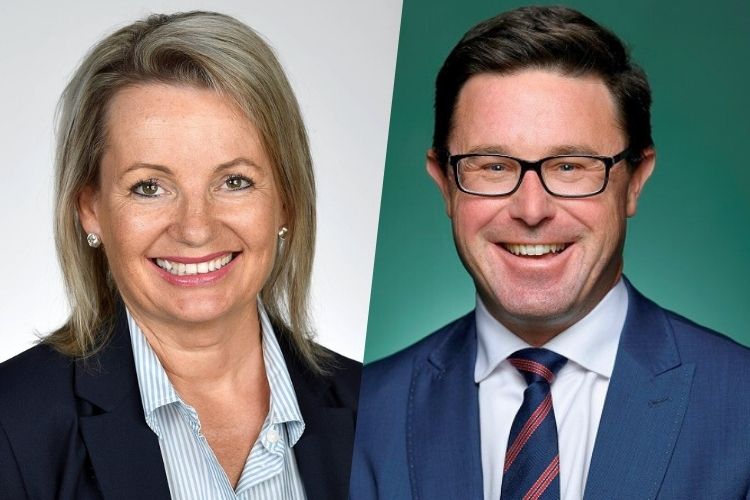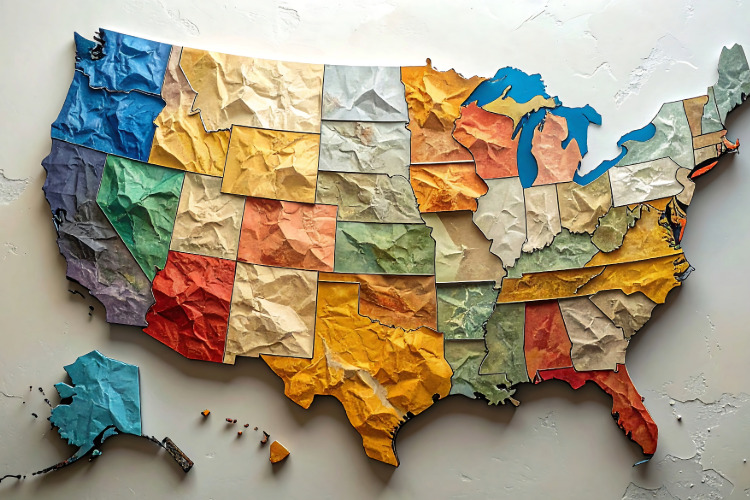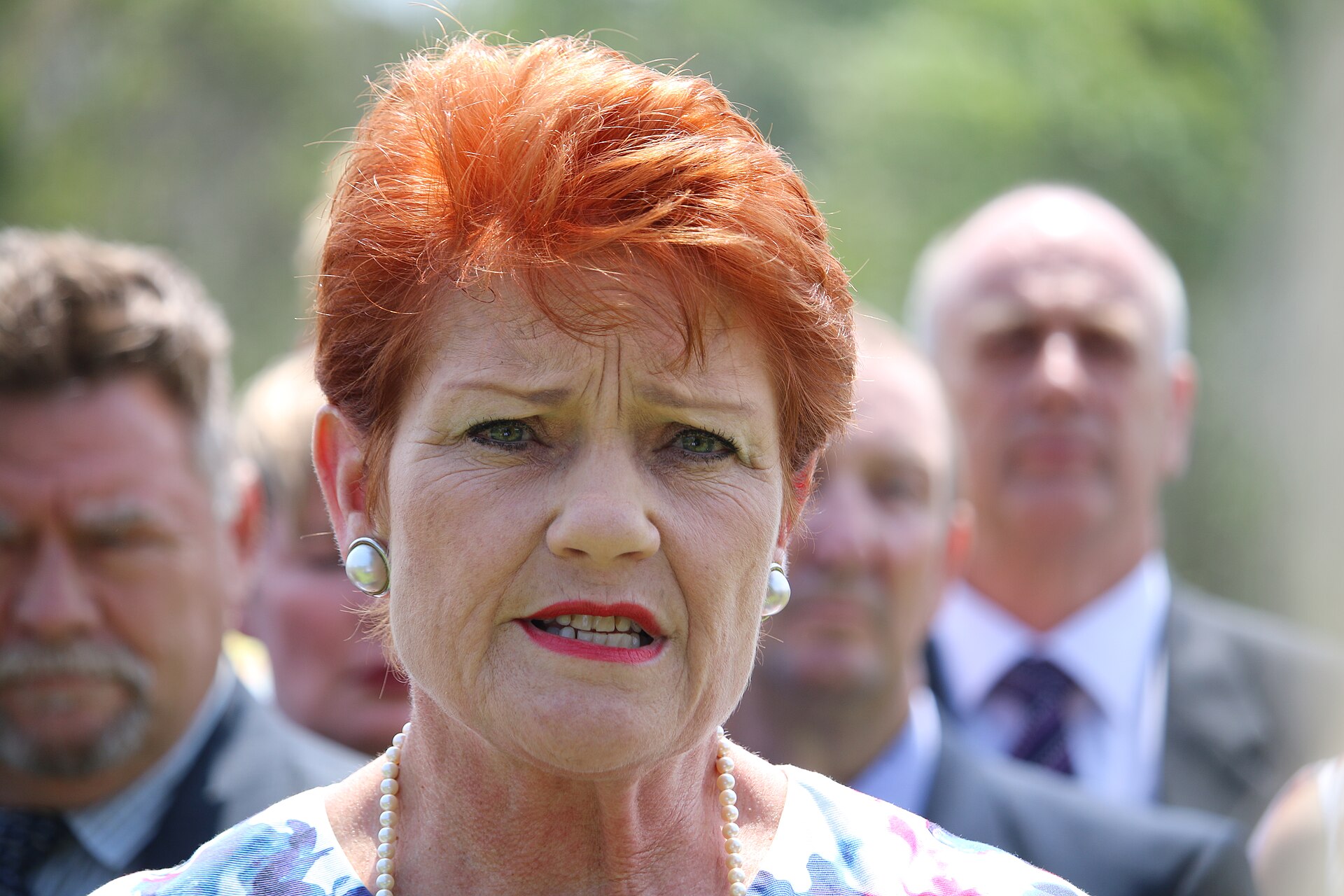
Danish Government Dedicates New Webpage to Counter Left-Wing Covid Misinformation
As the world recovers from two years of Covid-19 hysteria, a new webpage from Denmark’s health ministry counters exaggerated fears about the virus. The ‘misinformation’ resource is a reminder of what could have been if governments and the media had provided balanced pandemic commentary rather than stoking public anxiety.
At the beginning of February, Denmark became the first country in the European Union to lift all Covid-19 restrictions, after resolving that the virus is no longer “an infection critical to society”. The country no longer imposes vaccine passports, mask mandates, or mandatory isolation for the infected.
In support of their decision, the Danish government recently published a new webpage dedicated to countering Covid-19 misinformation — but not the kind you might expect.
The misinformation addressed by the new webpage includes exaggerated fears over the threat posed by Covid-19, and the false allegation that, because the Danish government is lifting restrictions, it no longer believes the virus exists.
“Misinformation: Children get really sick because of COVID-19,” reads one of the topics. “Answer: This is not correct,” the section continues, adding that “Most children experience no or very mild disease when infected with COVID-19. Compared with older persons, COVID-19 in children is in general a very mild disease.”
Countering Left-Wing Logic
Published by Statens Serum Institut, a research arm of Denmark’s health ministry, the website also corrects the fake news that “hospitalisation rates for babies and kids are extremely high because of COVID-19”.
While acknowledging that children below the age of 2 are at higher risk than older kids, the page clarifies that only 3 per cent of cases in the country are among the 0-2 age group, and most are released from hospital within 12 hours due to mild symptoms.
Most fascinating, perhaps, is that the Danish government felt the need to counter the idea that “Denmark has decided that COVID-19 does not exist anymore.” Not so, they insist:
COVID-19 absolutely exists, but it is not considered ‘an infection critical to society’ any longer. This is because the Omicron variant results in milder disease than previous variants, and a very high proportion of the Danish population has been vaccinated against COVID-19, which largely protects against severe disease.
Another false accusation corrected by the webpage is that “Denmark has decided that people who fall seriously ill aren’t an important part of society.” The health ministry offers its correction: “Every person is important in Denmark, and anyone falling seriously ill has been treated by the best of international standards throughout the pandemic and still do.”
A Danish Newspaper Also Apologises
Curiously, it was also in Denmark where a major newspaper recently apologised to the public for failing to question the government’s data and narratives during the first two years of the pandemic.
“We failed,” wrote Ekstra Bladet, one of the nation’s largest tabloids in late January, 2022. “For almost two years, we — the press and the population — have been almost hypnotically preoccupied with the authorities’ daily corona tally,” the newspaper continued in its mea culpa.
Ekstra Bladet admitted that it should have been more diligent in interrogating the government’s data and conclusions before reporting them. “The official hospitalisation numbers have been shown to be 27 percent higher than the actual figure for how many there are in the hospital, simply because they have corona,” the paper noted. “We only know that now.”
What Could Have Been
The Danish health ministry webpage provides a fascinating look at what it might have looked like if governments around the world had aimed for more balanced messaging about Covid-19 from the outset.
In Australia especially, well-meaning members of the public became enamoured by daily case counts and morning press conferences by Premiers. These rituals served to stoke unhealthy and exaggerated anxieties about the virus, and prompted many who were at low risk to neglect more important priorities in their lives. The focus on fear likewise bred societal division, when panicked citizens failed to see the same level of alarm reflected in the views of their compatriots.
The recent about-turn of governments and media outlets — whether on mask mandates, natural immunity, hospitalisation data, the origin of the virus or what the vaccines achieve — could well be the longest and most unsatisfying ‘I told you so’ in the history of the world. Denmark’s new Covid-19 misinformation page is only the latest example of this.
At the very least, we’ve been given a stark reminder that brainwashing the public is easy — and that the real challenge is how to reverse the damage.
Recent Articles:
23 January 2026
4.2 MINS
Just hours after Australia’s new hate crime laws passed, two historic Melbourne monuments were defaced with extremist slogans targeting Australians — providing a perfect test as to whether these laws will apply equally.
23 January 2026
6.7 MINS
The Coalition has split after controversial 'hate speech' legislation was rushed through Parliament on Tuesday. From Liberal MP Andrew Hastie under fire for voting for the bill to the entire Nationals shadow ministry resigning, the effects of this legislation are only just beginning.
23 January 2026
6.9 MINS
As Trump marks a year back in office, his push to annex Greenland ignites global backlash—testing NATO unity, international law, and whether security ambitions justify reviving territorial conquest.
23 January 2026
3.9 MINS
Trump’s withdrawal from dozens of global bodies signals a strategic rejection of permanent crisis governance, challenging institutions that expand mandates and budgets without delivering measurable results.
23 January 2026
3 MINS
Despite bold political claims, experts warn China’s dominance over rare-earth metals will endure for decades, leaving Western economies dependent on Beijing for critical defence, energy and electric vehicle supply chains.
22 January 2026
3.1 MINS
Significant changes were made to the original 'Hate Speech' Bill, but we still have serious concerns. We thank everyone who prayed for our nation, including on the joint ACL prayer meeting, and voiced concerns to your politicians.
22 January 2026
3.7 MINS
One Nation is now outperforming the Coalition in major polls. Is Australia finally experiencing the same political reset taking place across the Western hemisphere?
















































